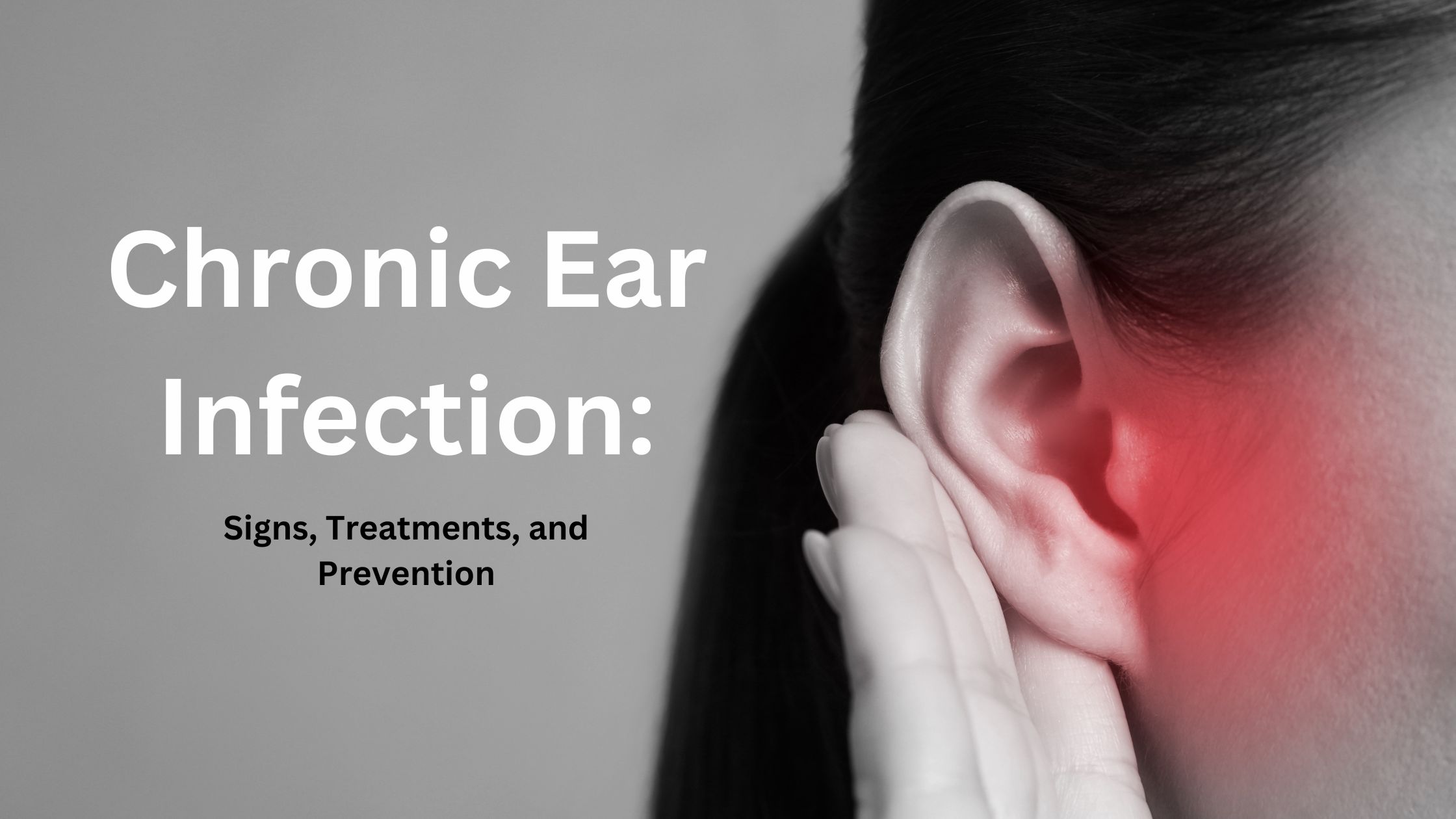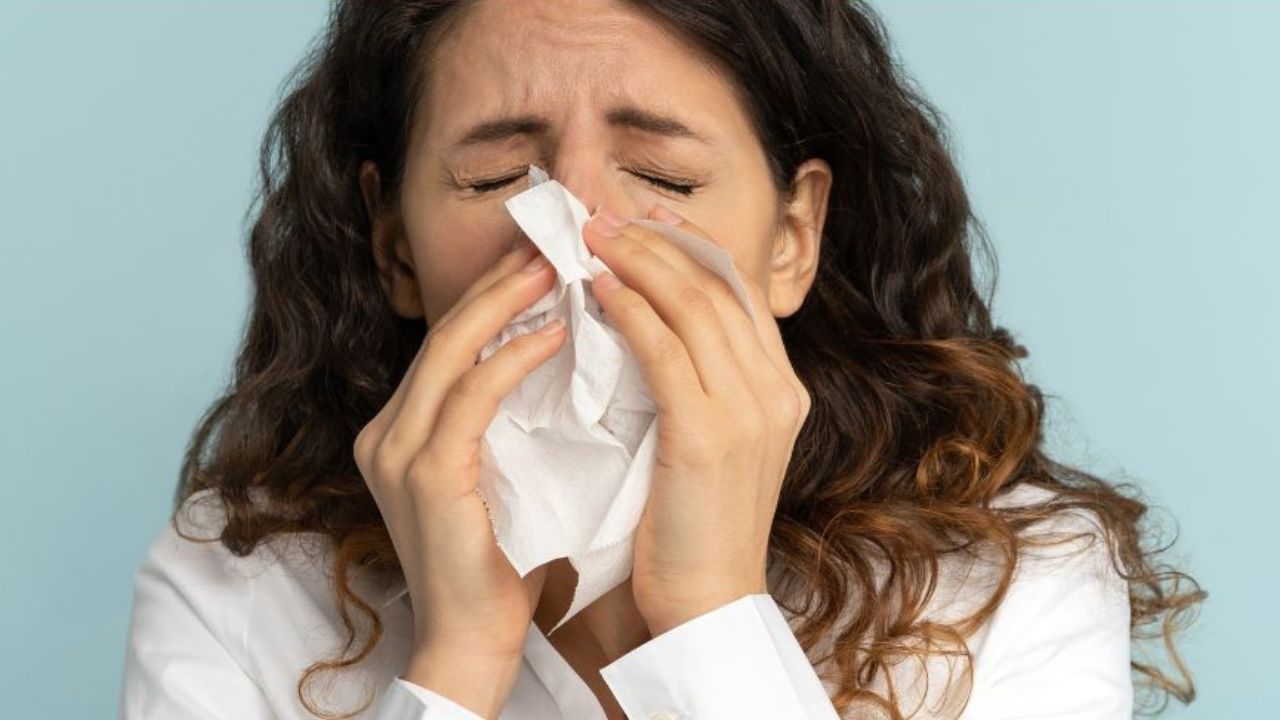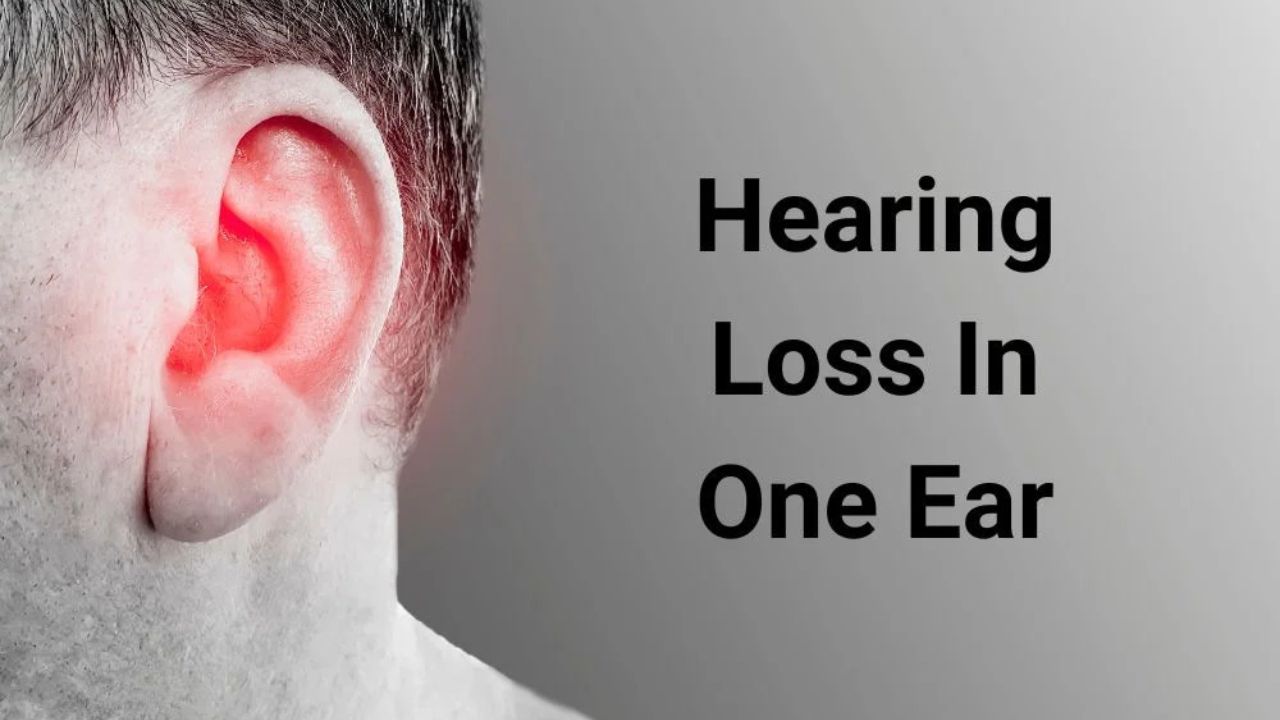Sinus problems are no stranger to many, especially during the colder months. Winter brings with it more than just chilly weather; for some, it also brings a wave of discomfort in the form of sinus symptoms. You may experience nasal congestion, facial pressure, and even headaches more often during this time. But why is this the case, and what can you do to manage it? In this blog, we’ll explore the reasons sinus symptoms peak during the winter and how you can find relief.
Understanding Sinus Symptoms
Sinuses are air-filled spaces located in the forehead, cheeks, and between the eyes. When they become inflamed or irritated, sinus symptoms occur. These symptoms can range from mild discomfort to severe pain, making it hard to breathe or go about your day.
Common sinus symptoms include:
- Nasal congestion
- Facial pressure and pain
- Headaches, especially around the eyes or forehead
- Post-nasal drip (when mucus drains down the back of your throat)
- A cough that may worsen at night
- Fatigue
Sometimes, these symptoms point to a sinus infection. Sinus infection symptoms often resemble those of a cold but last longer and can include more intense pressure and thick, discolored nasal discharge. If you notice your symptoms persisting beyond 10 days or worsening, it might be time to consider whether you’re dealing with an infection rather than a common cold.

Why Sinus Symptoms Worsen in Winter
There are several reasons sinus symptoms tend to worsen in winter. Cold air, dry indoor environments, and other seasonal factors all contribute to the discomfort you feel.
Cold air constricts nasal passages
During winter, the cold air you breathe causes the blood vessels in your nose to narrow. This constriction makes it harder for mucus to drain, leading to congestion. Combine this with dry air from heaters, and your nasal passages can become even more irritated and inflamed.
Indoor heating leads to dry air
While heating your home during the cold months is essential for staying warm, it also dries out the air inside. Dry air can irritate your nasal passages, making it harder for your sinuses to function properly. Without enough moisture, mucus thickens, making you feel congested and uncomfortable.
These factors contribute to sinus congestion causes, such as blocked airflow and reduced ability to clear out irritants and allergens from the nasal passages.
Common Triggers for Winter Sinus Problems
Several triggers can worsen sinus symptoms during winter. The combination of cold outdoor air and dry, heated indoor environments makes your sinuses more vulnerable to irritation.
Cold and dry air
When you step outside in the winter, the cold air can immediately trigger a reaction in your nasal passages. Cold air can dry out your nasal membranes, leading to irritation and congestion. Even worse, when you move between cold outdoor air and warm indoor spaces, the drastic change can cause your sinuses to swell and trap mucus.
Indoor allergens
As you spend more time indoors during the winter, you're more likely to be exposed to allergens like dust, pet dander, and mold. These allergens can build up in homes, especially in rooms that are not well-ventilated. The dry air inside can also help these allergens circulate more easily, worsening your symptoms.
Increased risk of colds and flu
Winter is the season for colds and flu, both of which can aggravate your sinuses. Viruses cause inflammation in your nasal passages, making it more difficult for mucus to drain. When you get a cold or the flu, you might experience congestion, post-nasal drip, and other common sinus problems that linger even after the illness has passed.
How to Relieve Sinus Symptoms in Winter
Fortunately, there are many ways to relieve sinus symptoms during the winter months. With the right approach, you can keep your symptoms under control and avoid severe discomfort.
Maintain humidity indoors
One of the best ways to combat dry air is to add moisture to your indoor environment. Using a humidifier can help keep the air in your home moist, which prevents your nasal passages from drying out. Be sure to clean your humidifier regularly to avoid mold or bacteria growth.
Stay hydrated
Drinking plenty of water thins your mucus, making it easier for your body to eliminate. Staying hydrated is especially important in the winter when the air tends to dry you out.
Try medications when necessary
Over-the-counter treatments like decongestants or antihistamines can offer temporary relief from congestion and other sinus symptoms. However, it's best to consult your doctor before using these medications for an extended period.
By incorporating these strategies, you can learn how to relieve sinus symptoms and make the winter months more comfortable.
Preventing Winter Sinus Problems
Prevention is key to keeping sinus problems at bay during the winter. With a few simple changes, you can avoid many of the triggers that cause your symptoms to worsen.
Limit exposure to cold air
When you’re outside in cold weather, wear a scarf over your nose and mouth to warm the air before it enters your nasal passages. This can reduce the shock your sinuses experience from breathing in cold air.
Keep indoor air clean and humidified
In addition to using a humidifier, regularly clean your home to remove dust, pet dander, and other allergens that can accumulate in winter. Opening windows occasionally to ventilate your home can help reduce allergen buildup.
Get vaccinated against the flu
Flu viruses can aggravate your sinuses, so getting a flu shot is a smart way to reduce your risk of sinus-related complications during winter.
Stick to a sinus care routine
Nasal irrigation (using a neti pot or saline solution) can help keep your nasal passages clear of irritants and mucus. Doing this regularly can prevent congestion from building up.
When to See an ENT Specialist
While most sinus symptoms can be managed at home, there are times when you should seek professional help. If your symptoms last for more than 10 days, or if they worsen over time, it may indicate a more serious issue like a sinus infection.
An ENT (ear, nose, and throat) specialist can evaluate your symptoms and offer advanced treatment options. Chronic sinus issues, like recurring infections or severe congestion, may require medical interventions such as prescription medications or even surgery to open up blocked sinuses.
Conclusion
Winter brings its own set of challenges, particularly for those who suffer from sinus symptoms. Understanding why these symptoms peak during the colder months can help you take steps to prevent and manage them. By maintaining humidity indoors, staying hydrated, and using sinus care routines, you can keep your sinuses healthy all winter long. If your symptoms persist, don’t hesitate to consult an ENT specialist for expert care.
Stay proactive about your sinus health this winter and breathe easier through the season!
Also read – How To Tackle Allergies or a Sinus Infection Problem?
Follow us on Facebook: @entforall
















